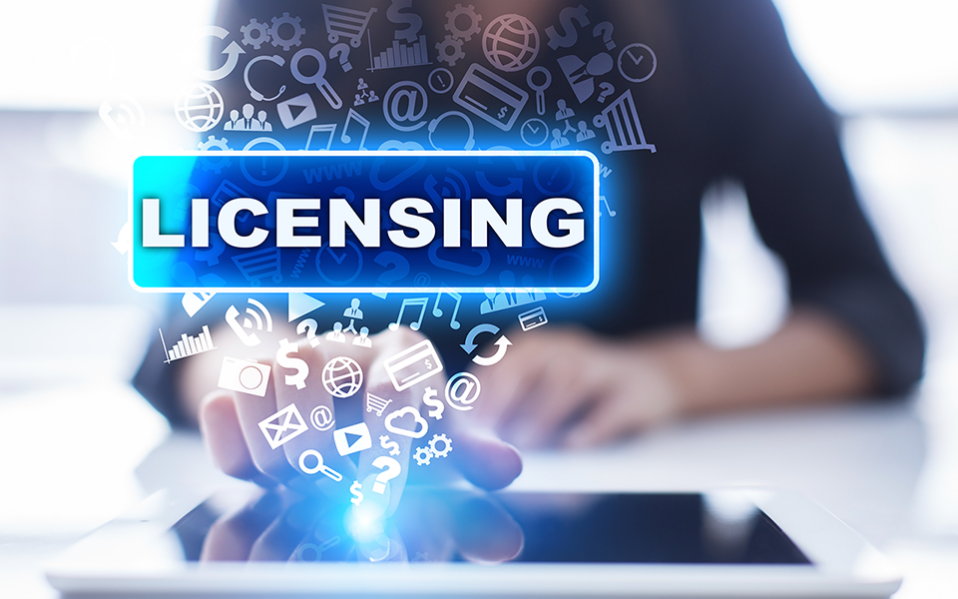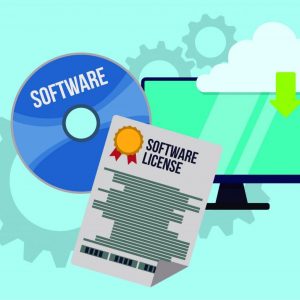Can you make your own Software License? (How to Create Your Own Software License)
June 15, 2022

Yes, you can create your own software license and it’s easy to do. If you are an end-user, you must have noticed an end-user agreement before making any installation. This agreement is made by the developer for the intended users.
Every software developer must register their software copyright with the country’s copyright office. Software is an intellectual property and should be garaged against pirating and any infringement of its copyright. Ensuring that the user agreement covers all the important usage rights and limitations should be your greatest concern.
What are the benefits of making your own software license?
The custom-made agreement will be tailored to suit your software. You write the source code, so you get to limit the level of access to the end-user. A software license ensures that you and the end-users remain in a positive relationship void of any liability claims. A well-drafted agreement will keep you out of the corridors of justice. Let’s look at custom-made vs. Licensed.
| Custom-made | Licensed |
| Sole ownership of copyrights | You do not own the software copyright |
| Zero ongoing license fee | License fees apply |
| The sole determiner of features and priorities | Features and priorities are determined by the majority of clients |
How to create our own software license
A software developer has the freedom to make their own terms and conditions to protect software from copyright infringement. The first thing is to know what is contained in a software license. Below are some of the things you will consider while creating your own license.
Source code: A software license determines what level of access the user has to the source code
Downloads: A license limits or dictates the number of times the software can be downloaded
Cost: The cost of the software for the agreed period of use is found in the license agreement
Liability: The vendor limits liability claims that can arise from the use of the software
Cancellation: Terms of cancellation and recovery of charges if cancellation occurs within the license period.
Maintenance: You need to include the support and upgrade included in your software.
The number of devices and users: How many devices are allowed to be installed with the software and the number of eligible users.
User rights to copy: Determine the limitation of duplicating and modifying your software by the user.
Duration: Include the duration the user is licensed to use your software.
If you are looking to create a software license, the above things must be put into consideration. Secondly, bring a lawyer who is familiar with agreements and licenses on board. This will save you time and possible loopholes in your license.
Conclusion
If you are thinking of making your own license, the above information will come in handy. Always engage the expertise of a lawyer to draft a proper legally binding document.
FAQs
When do the conditions of the agreement come into effect?
The moment the user agrees to the terms and conditions and proceeds to install.
What is a software license?
A legally binding document providing guidelines for the distribution and use of the software.

